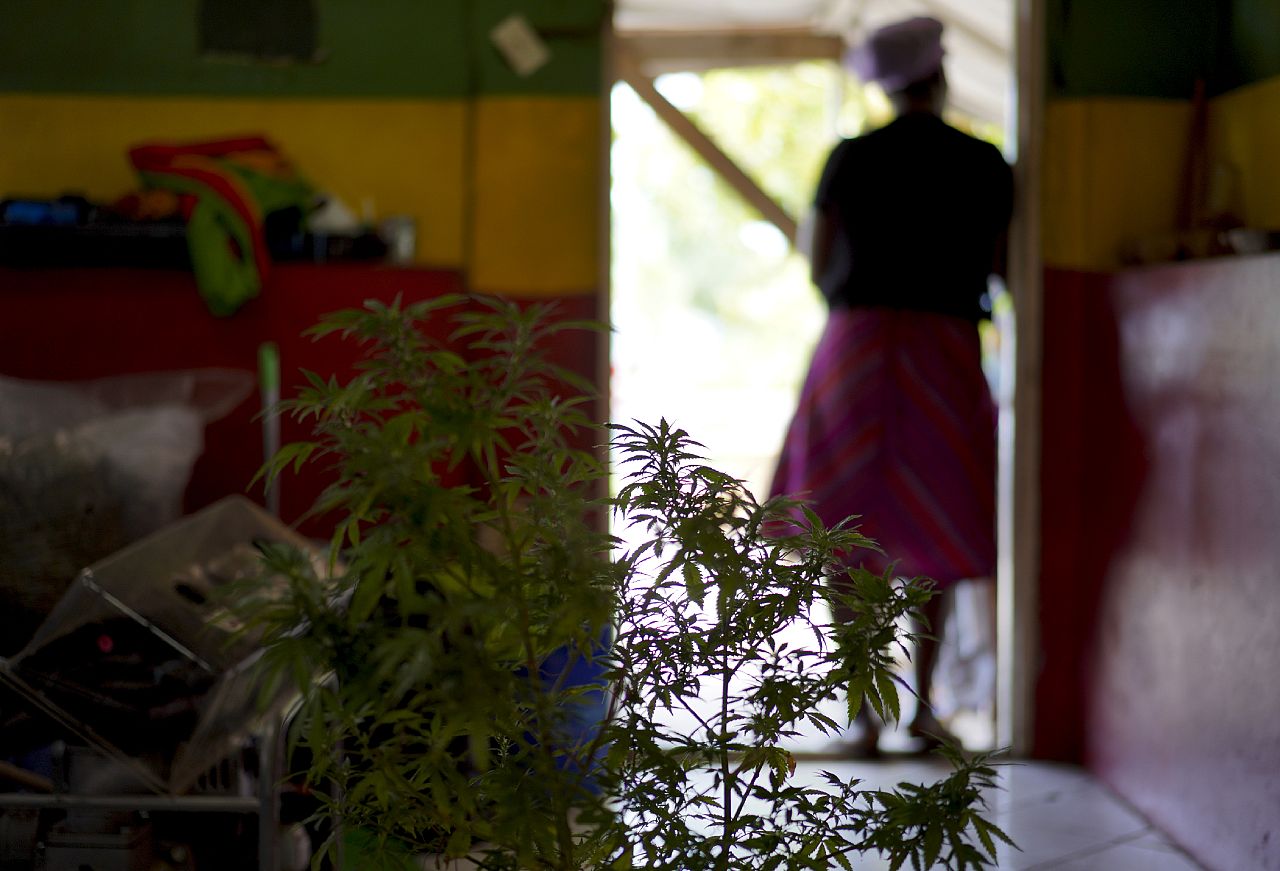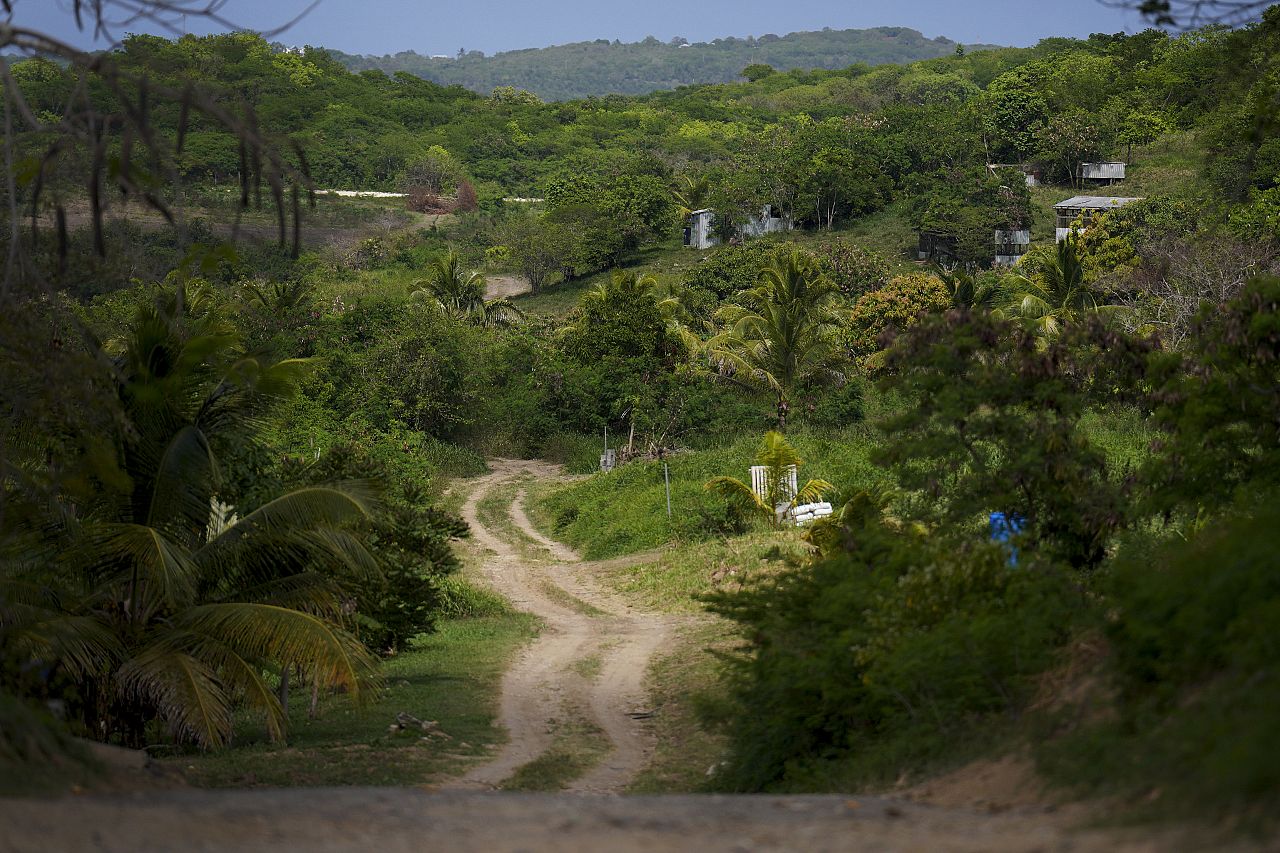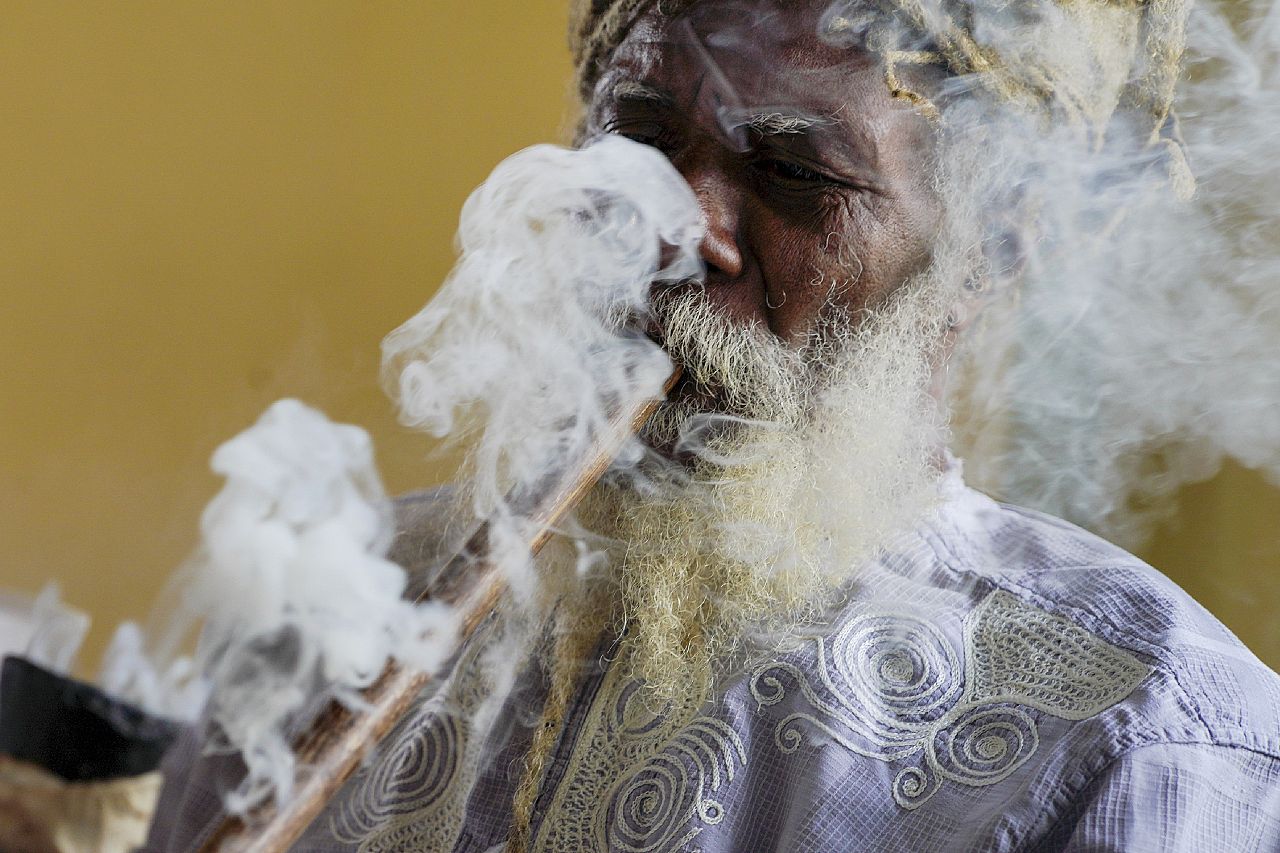Antigua and Barbuda recently became one of the first Caribbean nations to grant Rastafari official sacramental authorization to grow the herb.
For decades, Rastafarians have been persecuted and jailed for using marijuana in their rituals. That’s changed now in the Caribbean islands of Antigua and Barbuda, as they have granted Rastafarians the right to grow the plant for sacramental purposes.
Ras Kiyode Erasto, a priest with the Ras Freeman Foundation for the Unification of Rastafari was bullied and discriminated against because of his faith, growing up in Antigua.
“The children, Rastafari children, we couldn't go to school at one time,” he says, recalling his mother having to cut his dreads off to be allowed back in.
The laws against growing marijuana for ritual purposes have been removed by the governments of Antigua and Barbuda to try and bring more respect to the Rastafari people.
Antigua and Barbuda is a sovereign country made up of the two islands. It gained its independence from the UK in 1981, though remains a Commonwealth realm with Charles III as its head of state.
“We pride ourselves as an all-inclusive government, and we believe that we have to provide a space for everyone at the table, irrespective of their religion, whatever denomination, whatever faith they may practise,” says Prime Minister Gaston Browne.
The change comes after first decriminalising marijuana in 2018, then later making it legal for medicinal use.
Smoke free
“We are more free now,” says Ras Tashi, another priest with the Ras Freeman Foundation for the Unification of Rastafari in Antigua. “We can come and plant any amount of marijuana on this groundation. And no police can come and take up any plant. We fight for that rights and we get that rights.”
In Rastafarianism, the use of marijuana brings people closer to the divine. It is seen as a key medicinal and spiritual food source.
“We have come a long way from, you know, discrimination and the castigation, the violence against Rastafari to one in which they are fully embraced,” Prime Minister Browne adds.
Earlier this year, Browne met with Rastafari groups and granted them legal licences from the country's medical cannabis authority to grow the plant for religious purposes.
The small nation of about 100,000 people has gone further than regional efforts by larger countries, and hopes to set a global example.
“Little Antigua. According to the works, we are organising centralising in the small islands in the Caribbean. And other ones are seeing the strategy and getting to know the right way and are using it so that they all can have the same benefit,” says Ras Tashi, after Sunday service in the Tabernacle.
As public opinion and policy around marijuana continues to shift across the world, Rastafari in Antigua and Barbuda continue to push for broader relaxation and full legalisation of the plant.
Watch the video above to learn more about this story.














